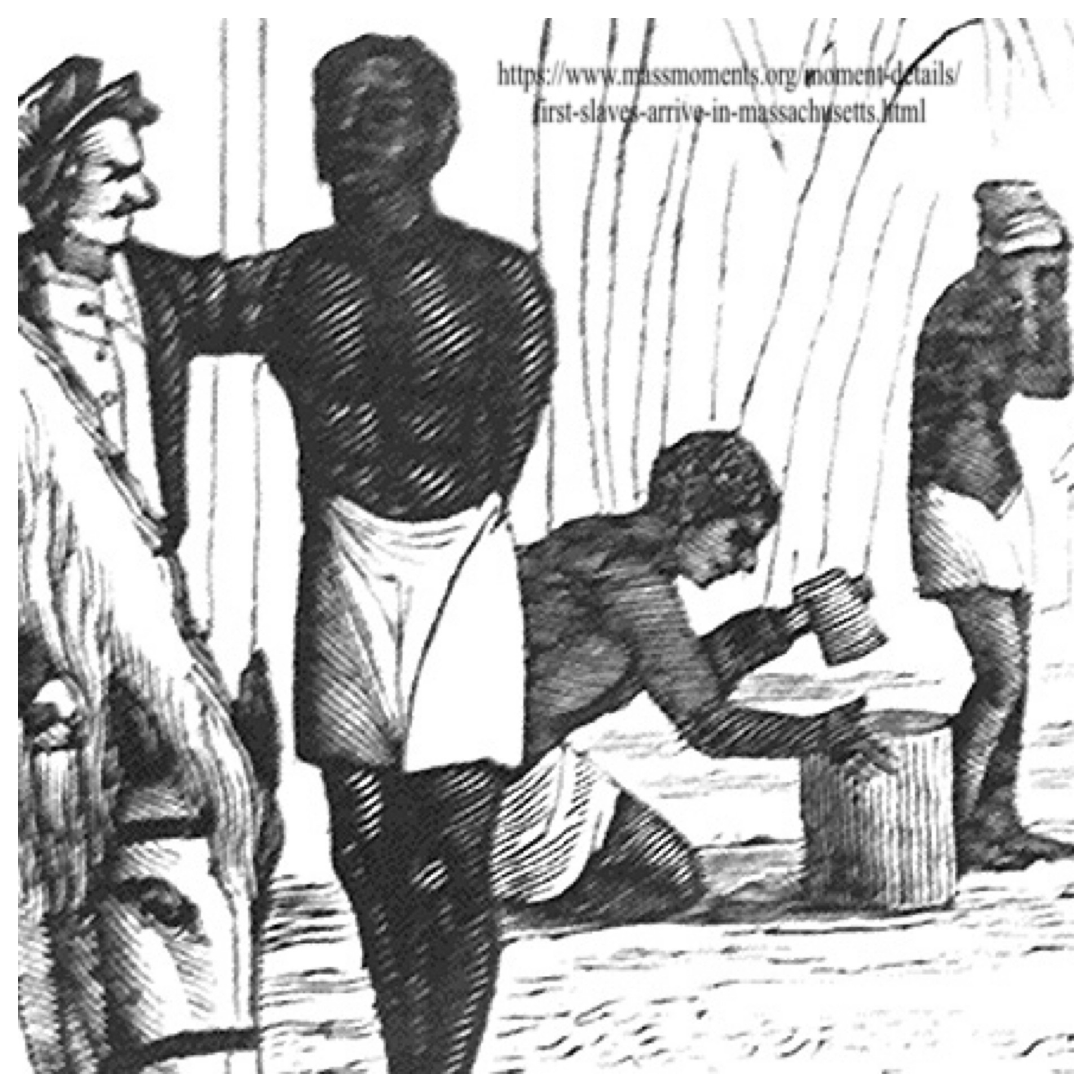What did you learn about the history of this country before we won our Independence? Between Independence and the Civil War? From the Civil War to the Civil Rights movement? It is important to know the good and the bad about this country. If you only learn the ugly you will only know the ugly. This country has a rich and wonderful history, where mistakes were made, corrected, and are still being improved.
Did you know by 1804 all New England states and Vermont, New York, and New Jersey had abolished or had enacted laws to gradually abolish slavery? Actually this is four years before Congress ended the slave trade, so it seems these states emancipated their slaves without needing a federal law to be told to do so. This was a full 30 years before England abolished slavery. So, America was ahead of most other countries in ending slavery. However, I would like to focus on Massachusetts for now.
The first census of the United States was taken in 1790. In that census Massachusetts had already abolished slavery. They also had the earliest anti-slavery law. In 1641, the Massachusetts Body of Liberties was enacted. In this legal code the tenth capital crime states, “if any man stealeth a man or mankind, he shall surely be put to death. Ex. xxi.16.” What is manstealing? Manstealing is, “the forcible abduction or stealing away of a man, woman, or child, from their own country, and sending them into another”[viii]. Going further to say, “this is unquestionably a very heinous crime, as it robs the king of his subjects, banishes a man from his country, and may in its consequences be productive of the most cruel and disagreeable hardships” (Wallbuilders). But, Massachusetts meant to enforce this portion of the legal code, and the first case was in 1846. A slave ship came into port. The slaves were basically freed and sent back to their homeland, and the cost was paid by the county.
The General Court, conceiving themselves bound by the first opportunity to bear witness against the heinous and crying sin of man stealing, as also to proscribe such timely redress for what is past, and such a law for the future as may sufficiently deter all others belonging to us to have to do in such vile and most odious courses, justly abhorred of all good and just men, do order that the negro interpreter, with others unlawfully taken, be, by the first opportunity, (at the charge of the country for present,) sent to his native country of Ginny, and a letter with him of the indignation of the Court thereabouts, and justice hereof, desiring of honored Governor would please put this order in execution (Wallbuilders).
There are many more stories on the anti-slavery history of this country; more than probably most people know about. Yes, slavery is such a horrible injustice. It is hard for many, if not most, people to understand how anyone could enslave another human being. Yet, it is not widely taught how few slaves there were in the United States compared to other countries around the world. For more information about anti-slavery in this country follow this link and begin to see the good this country had since its founding.
Source
https://wallbuilders.com/americas-exceptional-history-of-anti-slavery/#_edn7


